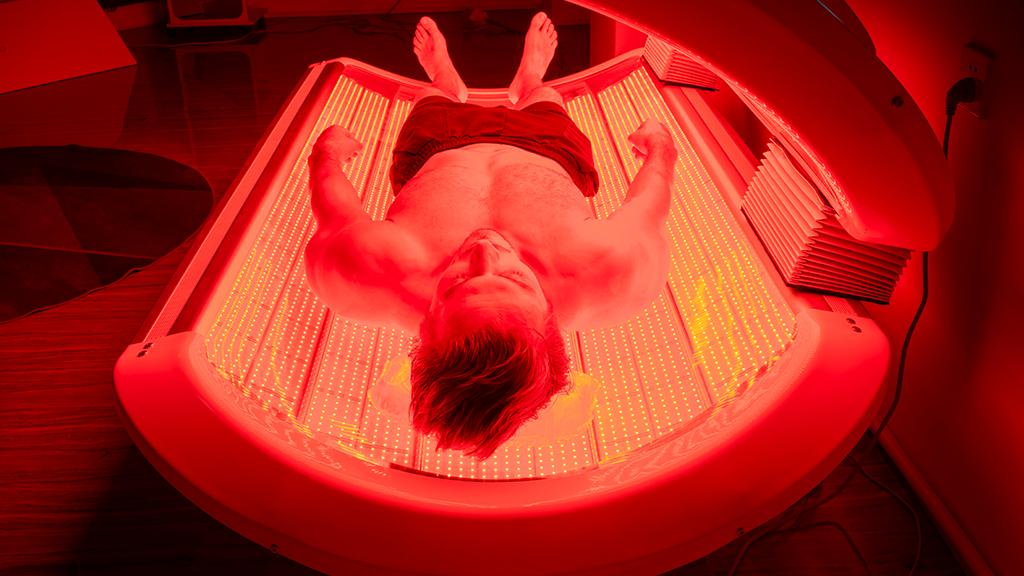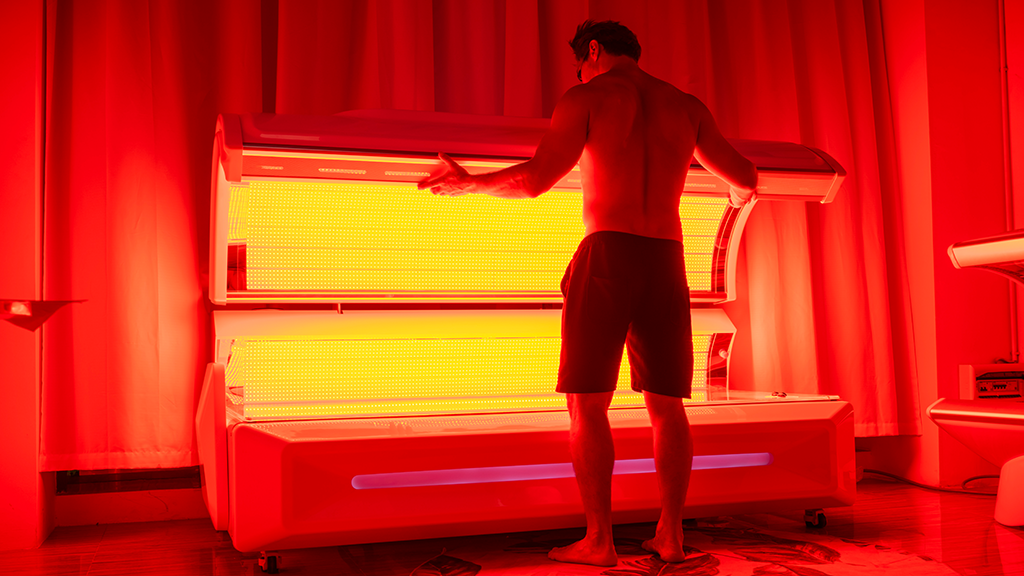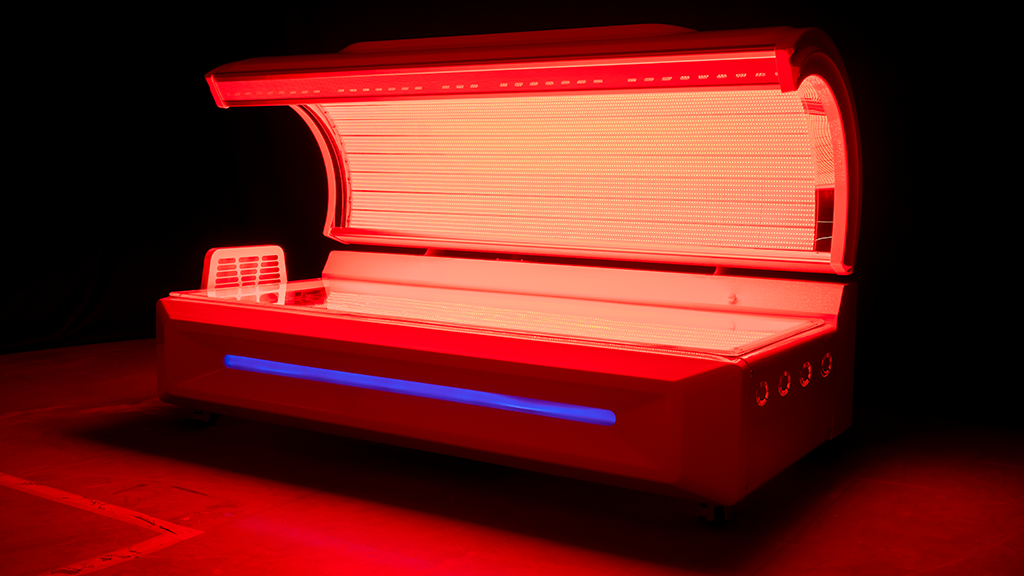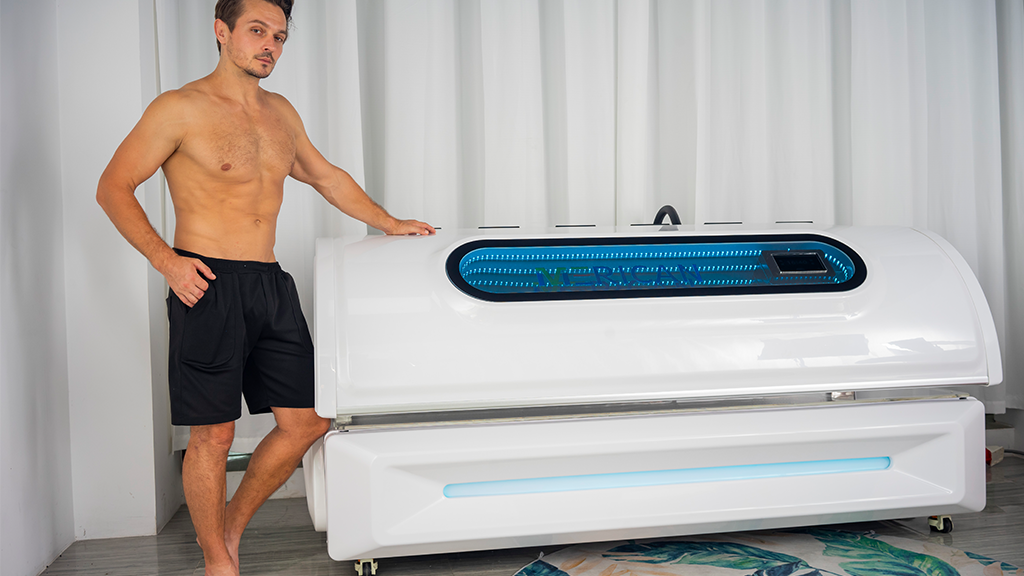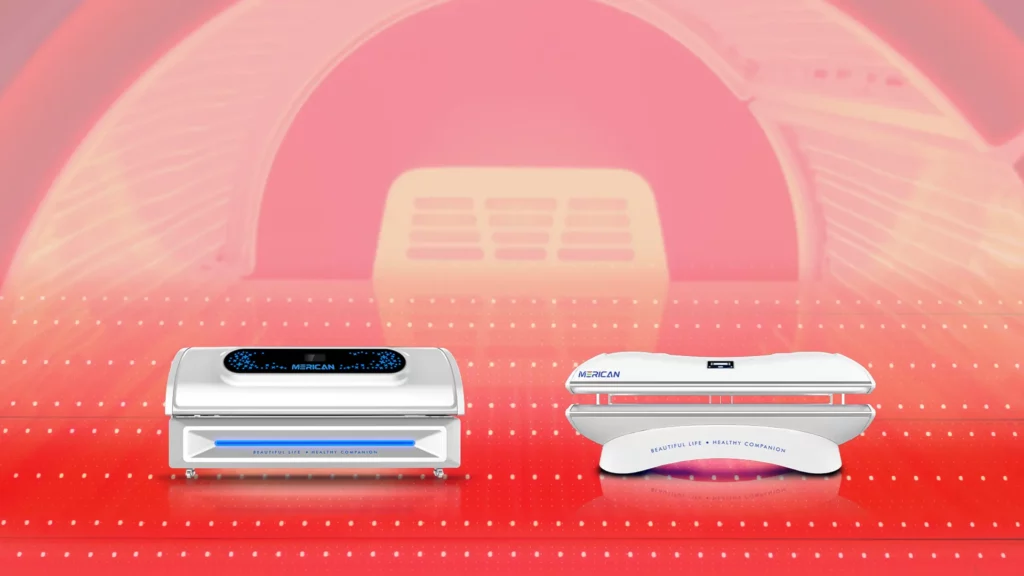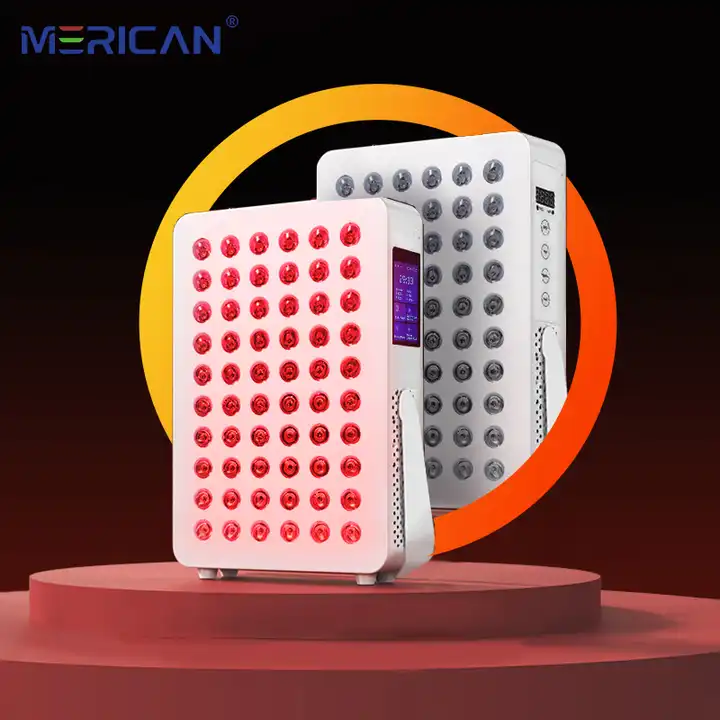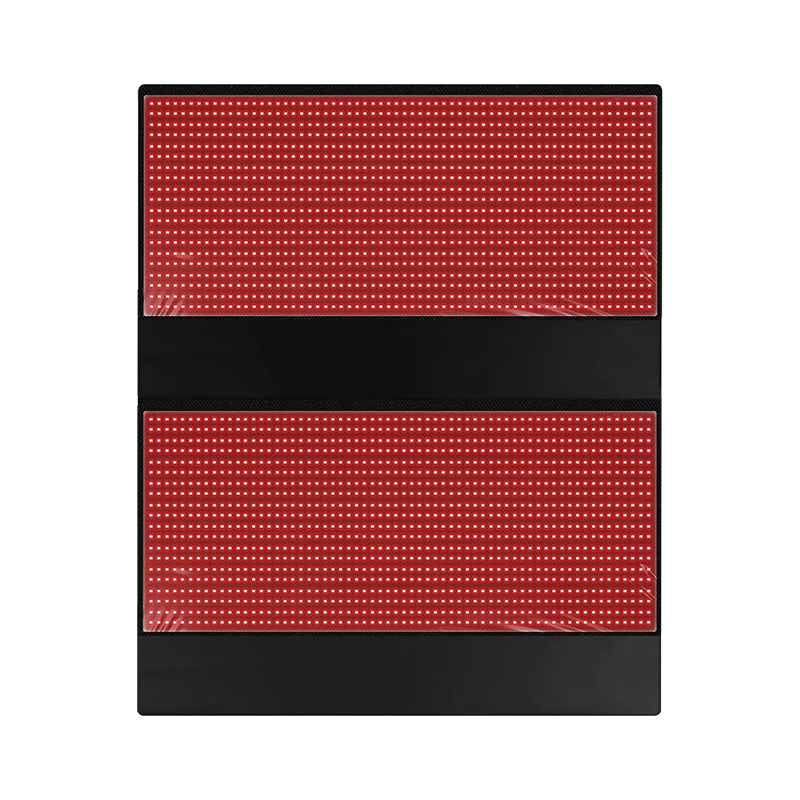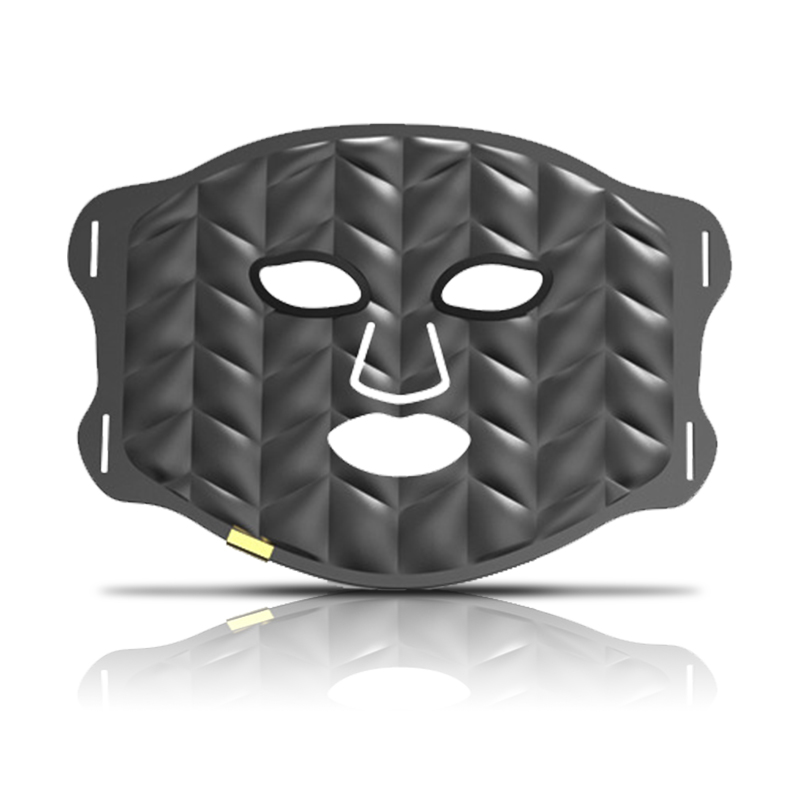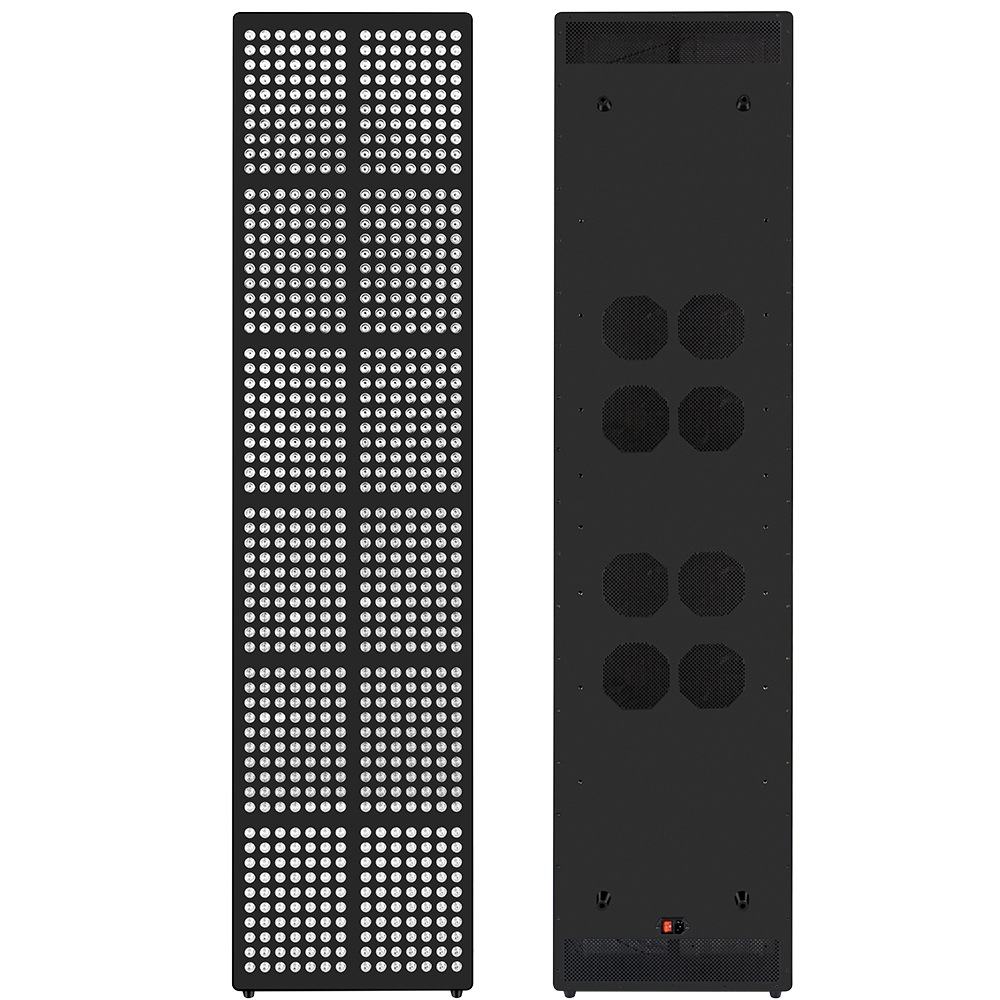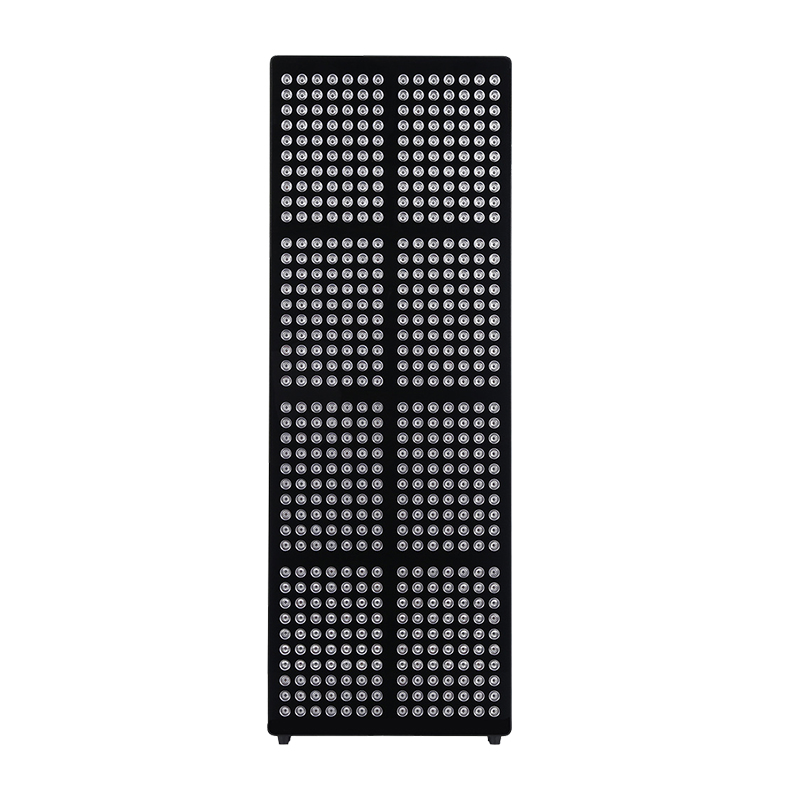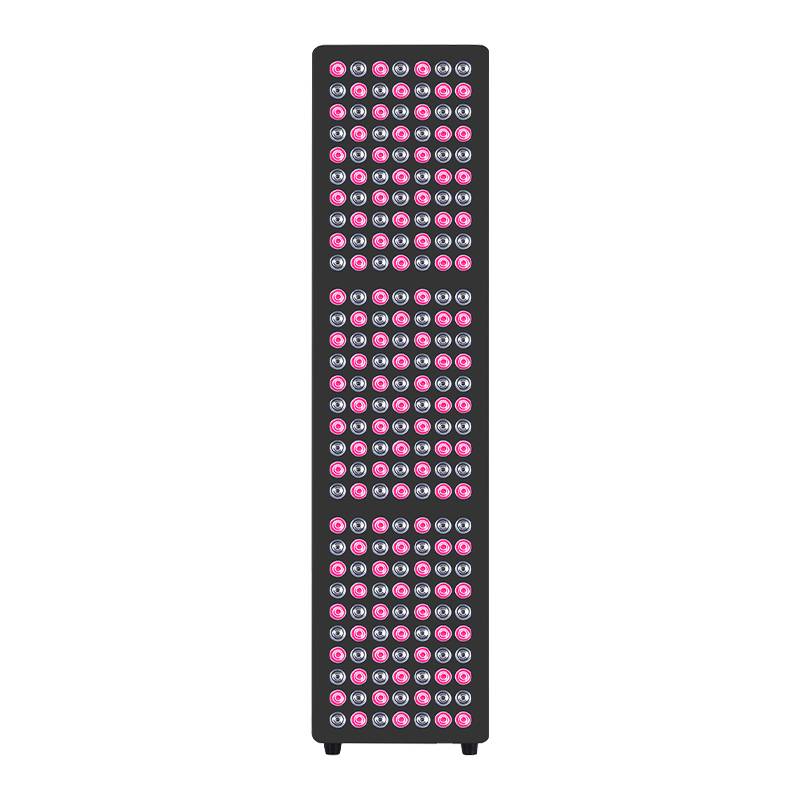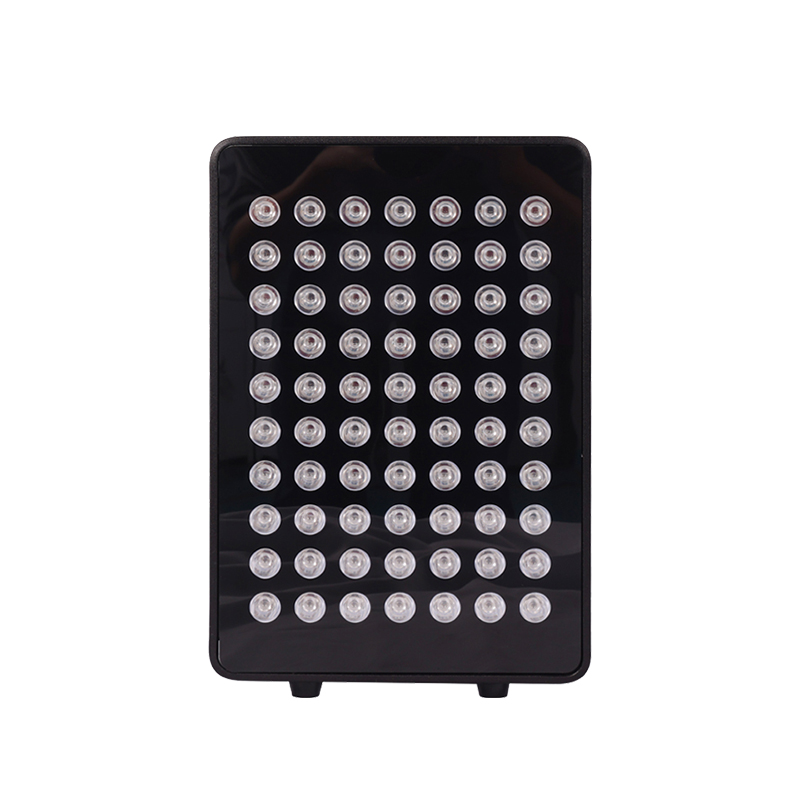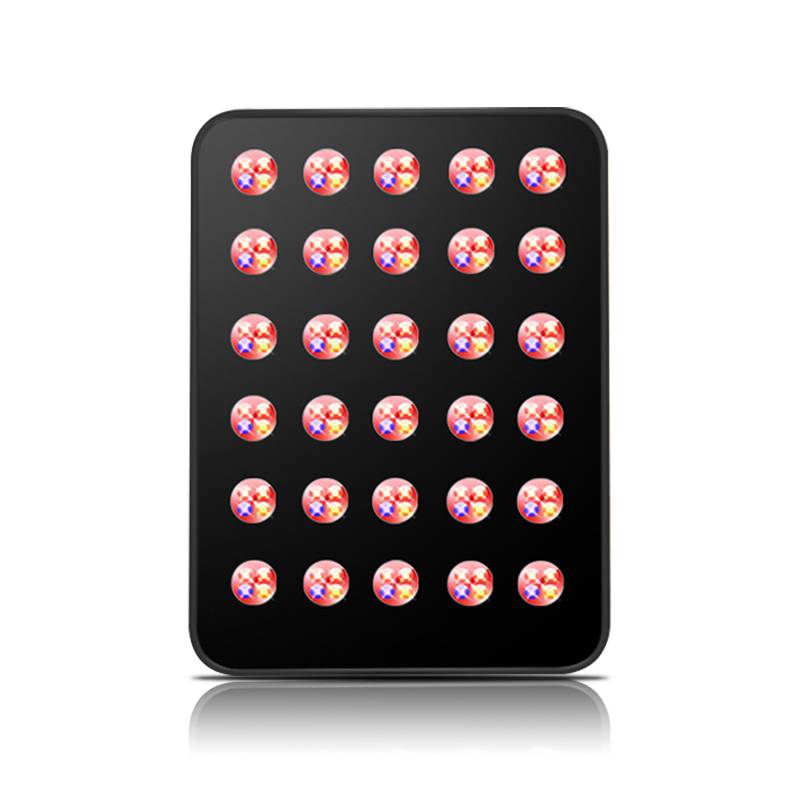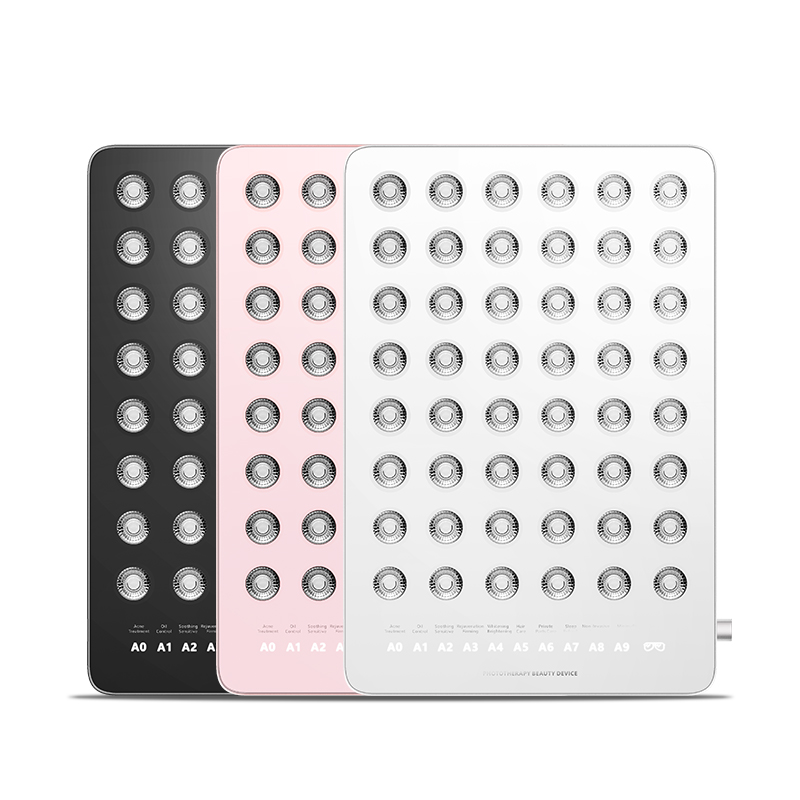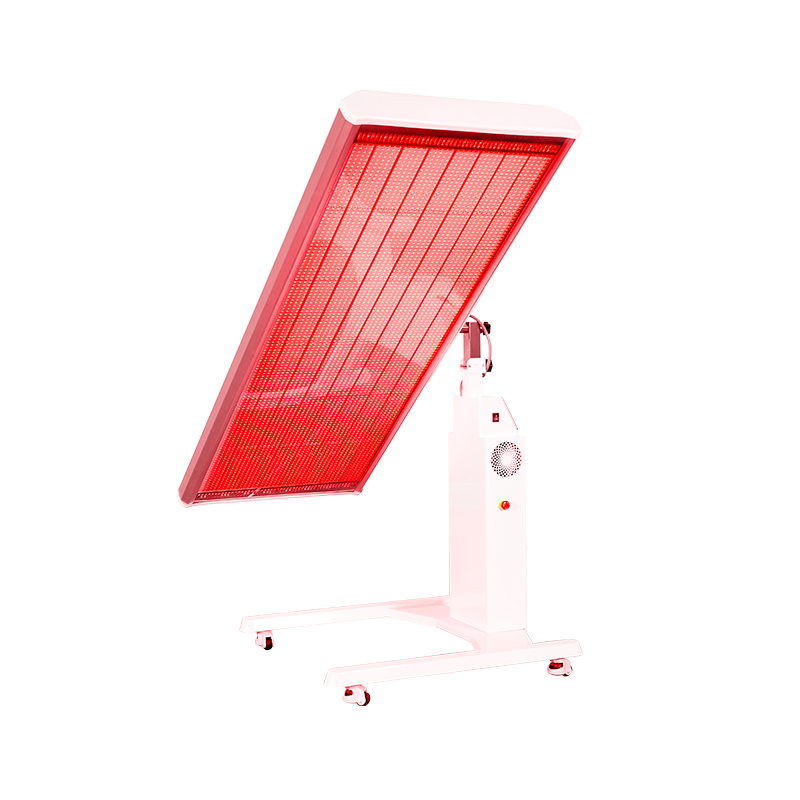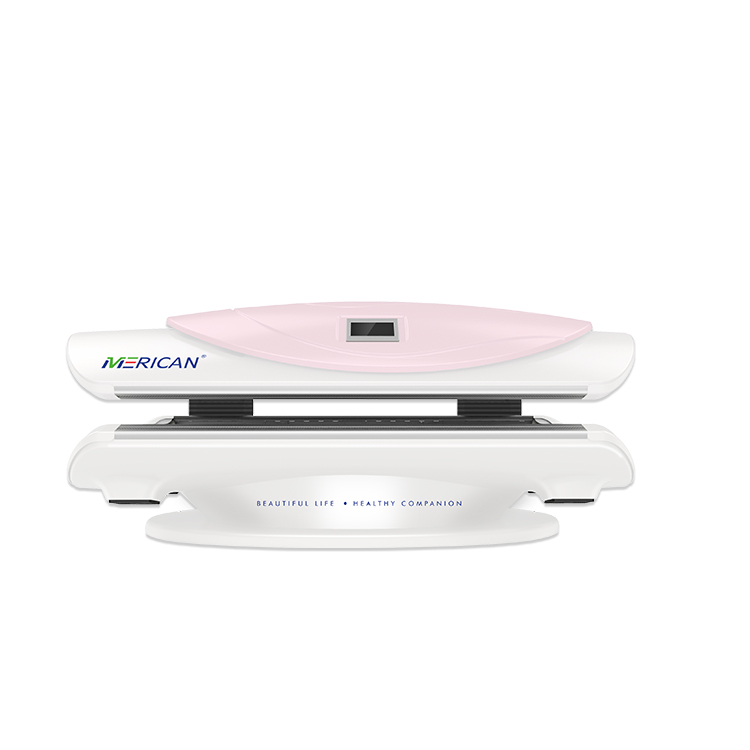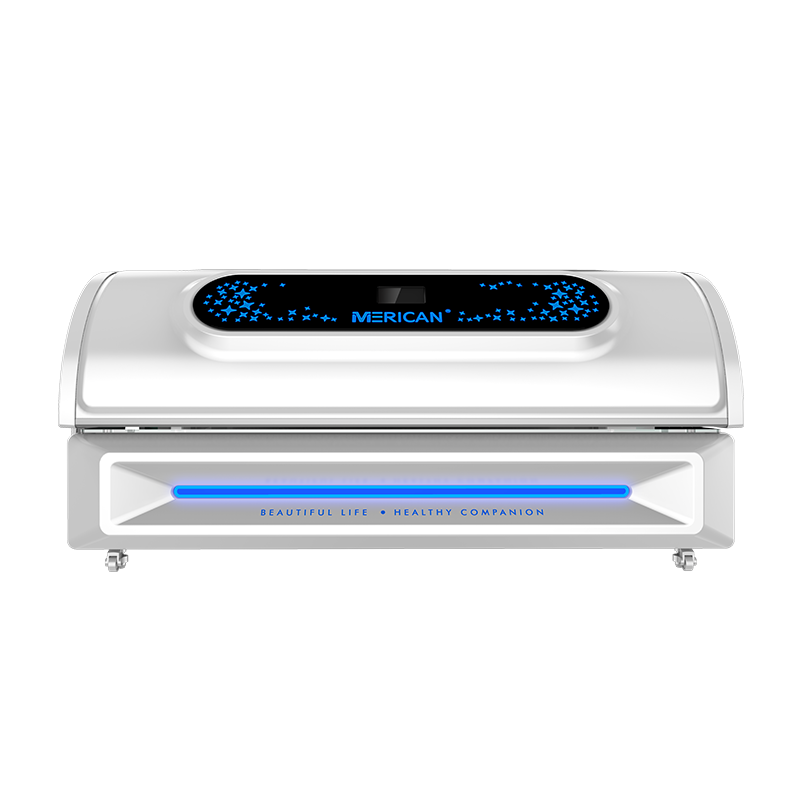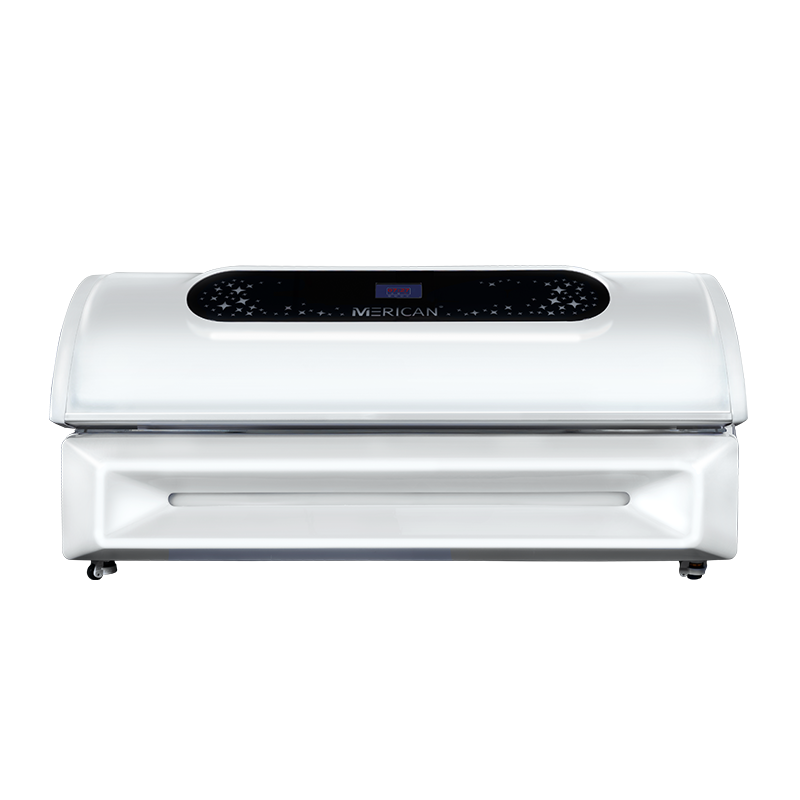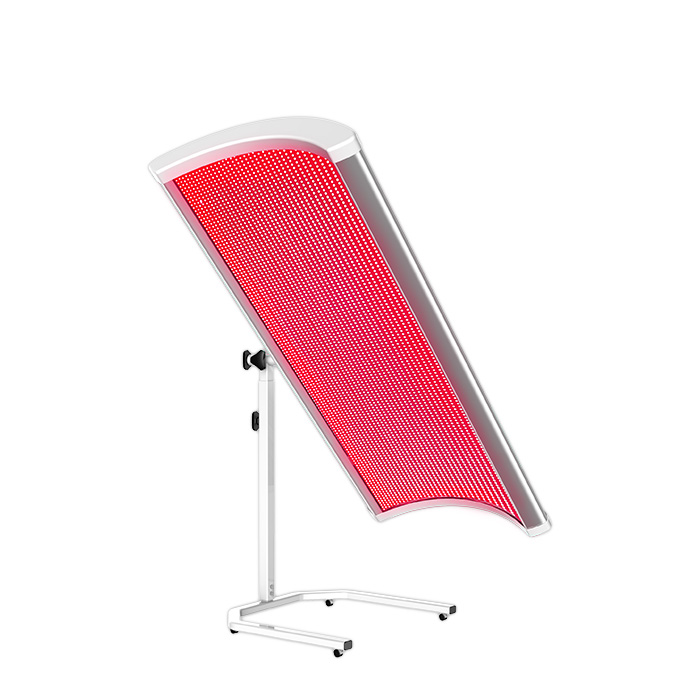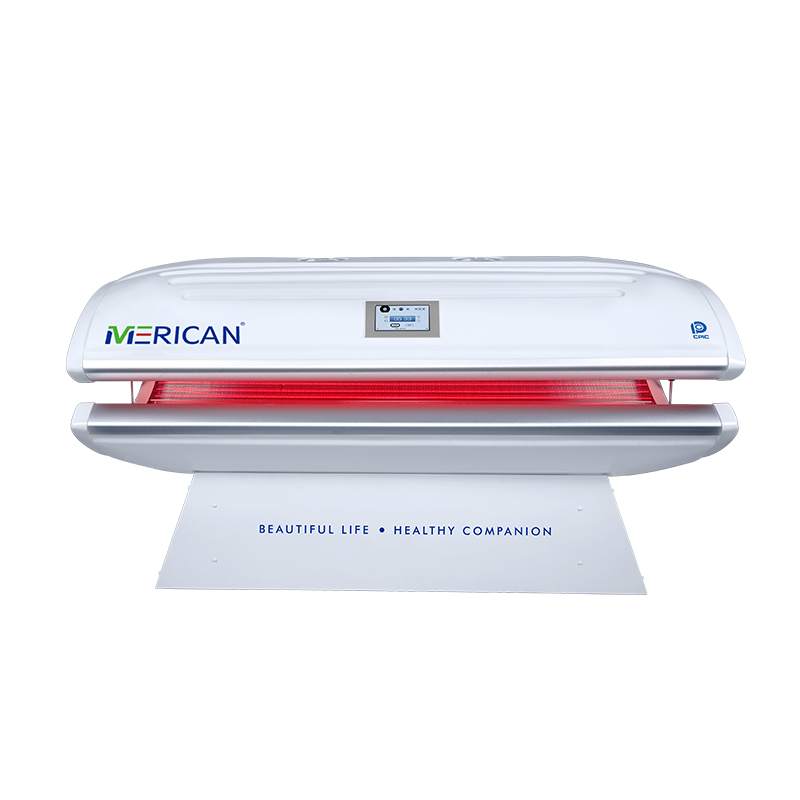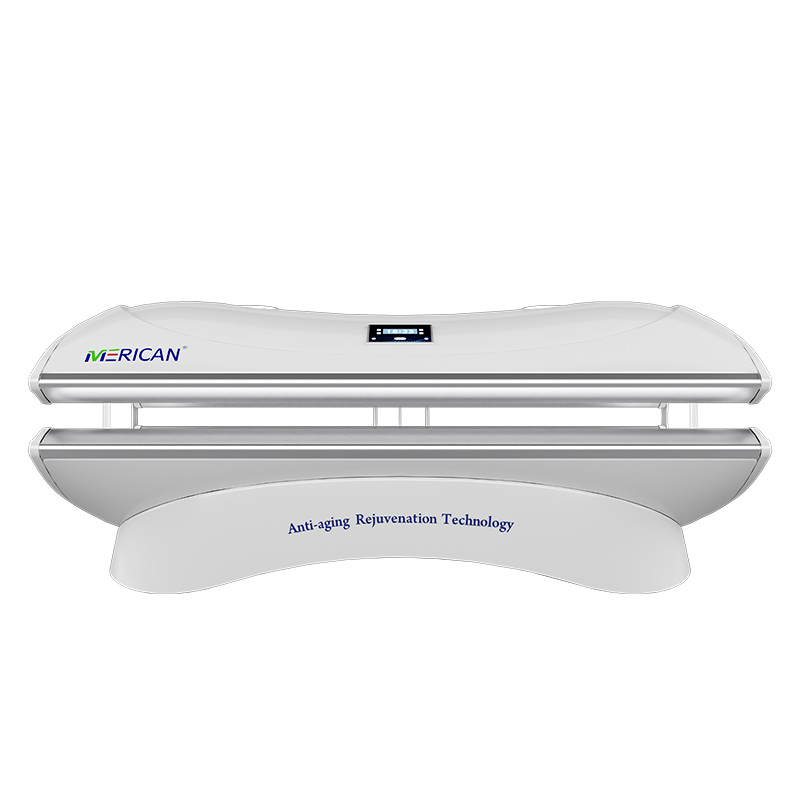मल्टीपल स्क्लेरोसिस (एमएस) एक स्व - प्रतिरक्षी रोग जिसमें इन्सुलेट कवर का तंत्रिका कोशिकाएं मस्तिष्क और रीढ़ की हड्डी क्षतिग्रस्त हो जाती है।[3] यह क्षति तंत्रिका तंत्र के कुछ हिस्सों की सिग्नल संचारित करने की क्षमता को बाधित करती है, जिसके परिणामस्वरूप कई प्रकार के संकेत और लक्षण उत्पन्न होते हैं, शारीरिक सहित, मानसिक, और कभी-कभी मनोरोग संबंधी समस्याएं।[1][8][9] लक्षणों में दोहरी दृष्टि शामिल है, दृष्टि खोना, आँख का दर्द, मांसपेशियों में कमजोरी, और संवेदना या समन्वय की हानि।[3][10][11] एमएस कई रूप लेता है, नए लक्षणों के साथ या तो पृथक हमलों में घटित होता है (पुनरावर्ती रूप) या समय के साथ निर्माण हो रहा है (प्रगतिशील रूप).[12][13] एमएस के पुनरावर्ती रूपों में, हमलों के बीच, लक्षण पूरी तरह से गायब हो सकते हैं, हालाँकि कुछ स्थायी न्यूरोलॉजिकल समस्याएँ अक्सर बनी रहती हैं, खासकर जब बीमारी बढ़ती है।[13] एमएस के प्रगतिशील रूपों में, एक बार लक्षण प्रकट होने पर शारीरिक कार्य धीरे-धीरे खराब हो जाता है और यदि उपचार न किया जाए तो यह लगातार बिगड़ता जाएगा।[14]
जल्दी क्या हैं मल्टीपल स्केलेरोसिस के लक्षण?
एमएस के शुरुआती लक्षण और लक्षणों में शामिल हैं:
- आपकी दृष्टि में परिवर्तन (ऑप्टिक न्यूरिटिस, दोहरी दृष्टि, दृष्टि खोना).
- मांसपेशियों में कमजोरी (आमतौर पर आपके चेहरे या शरीर के एक तरफ को प्रभावित करता है, या आपकी कमर के नीचे).
- सुन्न होना या असामान्य संवेदनाएँ (आमतौर पर आपके चेहरे या शरीर के एक तरफ को प्रभावित करता है, या आपकी कमर के नीचे).
मल्टीपल स्केलेरोसिस के लक्षण क्या हैं??
एमएस के सामान्य लक्षणों में शामिल हैं:
- थकान.
- भद्दापन.
- चक्कर आना.
- मूत्राशय नियमन में कठिनाई
- संतुलन और समन्वय की हानि.
- संज्ञानात्मक कार्य में कठिनाई (सोच, याद, एकाग्रता, सीखना और निर्णय).
- मूड बदल जाता है.
- मांसपेशियों में अकड़न और ऐंठन (झटके).
ये लक्षण हर व्यक्ति में अलग-अलग होते हैं और एक दिन से दूसरे दिन तक गंभीरता में उतार-चढ़ाव हो सकता है. आपमें इनमें से कुछ लक्षण हो सकते हैं लेकिन यह संभव नहीं है कि आप उन सभी को एक साथ अनुभव करेंगे.
रेड लाइट थेरेपी क्या है? (आरएलटी)?
लाल प्रकाश चिकित्सा (आरएलटी) यह एक उपचार है जो कथित तौर पर आपकी त्वचा की उपस्थिति में सुधार करने के लिए लाल रोशनी के निम्न स्तर का उपयोग करता है, जैसे झुर्रियाँ कम करना, निशान, लालपन, और मुँहासे.
लाल प्रकाश चिकित्सा (आरएलटी) और निकटवर्ती चिकित्सा (निर) मल्टीपल स्केलेरोसिस के लिए आशाजनक उपचार के रूप में उभर रहे हैं (एमएस), केंद्रीय तंत्रिका तंत्र को प्रभावित करने वाली एक पुरानी ऑटोइम्यून बीमारी.
एमएस रोगियों के लिए रेड लाइट थेरेपी के लाभ
मल्टीपल स्केलेरोसिस से जूझ रहे व्यक्तियों के लिए (एमएस), अप्रत्याशित लक्षणों और अक्सर दुर्बल करने वाली चुनौतियों से भरा जीवन, राहत की तलाश अनवरत है. रेड लाइट थेरेपी की शुरूआत (आरएलटी) इस चिकित्सीय परिदृश्य में सिर्फ एक नई पद्धति नहीं है; यह एक आदर्श बदलाव का प्रतीक है, गहरे सेलुलर और आणविक विज्ञान पर आधारित. एमएस रोगियों के लिए आरएलटी द्वारा प्रदान किए जाने वाले कुछ आकर्षक लाभ यहां दिए गए हैं:
लक्षण निवारण
- थकान: एमएस की एक पहचान थकान है, जो दैनिक गतिविधियों को काफी हद तक कम कर सकता है. आरएलटी द्वारा माइटोकॉन्ड्रिया के भीतर एटीपी उत्पादन की उत्तेजना से सेलुलर ऊर्जा में वृद्धि हो सकती है. सेलुलर फ़ंक्शन में यह बढ़ोतरी रोगियों के लिए थकान के स्तर को कम कर सकती है.
- दर्द: क्रोनिक दर्द एमएस का एक और लगातार साथी है. सूजन प्रक्रियाओं का मॉड्यूलेशन और नाइट्रिक ऑक्साइड की रिहाई (नहीं) आरएलटी द्वारा दर्द कम करने में मदद मिल सकती है. सूजन को कम करके और रक्त परिसंचरण में सुधार करके, आरएलटी संभावित रूप से शरीर में दर्द के स्थानों को कम कर सकता है.
- काठिन्य: एमएस रोगियों द्वारा अनुभव की जाने वाली अनैच्छिक मांसपेशियों में ऐंठन और कठोरता, स्पास्टिसिटी कहा जाता है, आरएलटी द्वारा संबोधित किया जा सकता है. इसके न्यूरोप्रोटेक्टिव प्रभाव और प्रतिरक्षा मॉड्यूलेशन के माध्यम से, आरएलटी स्पास्टिसिटी की तीव्रता और आवृत्ति को कम करने में सहायता कर सकता है.
बढ़ी हुई गतिशीलता
एमएस में गतिशीलता में गिरावट एक प्रगतिशील चुनौती है. आरएलटी का संयुक्त प्रभाव, न्यूरोप्रोटेक्शन सहित, सूजन नियंत्रण, और एटीपी उत्पादन में वृद्धि, संभावित रूप से बेहतर तंत्रिका संकेतन और मांसपेशियों के कार्य में योगदान कर सकता है. यह, के बदले में, इससे गतिशीलता में सुधार हो सकता है और गतिशीलता में गिरावट की दर में कमी आ सकती है.
बेहतर मूड और अनुभूति
भौतिक अभिव्यक्तियों से परे, एमएस रोगी की भावनात्मक और संज्ञानात्मक भलाई को भी प्रभावित कर सकता है. मस्तिष्क के तंत्रिका सर्किट के साथ आरएलटी की अंतःक्रिया, इसके समग्र शारीरिक लाभों के साथ संयुक्त, संभावित रूप से मूड में वृद्धि और संज्ञानात्मक सुधार हो सकता है. सेलुलर स्वास्थ्य को मजबूत करके और तंत्रिका सूजन को कम करके, आरएलटी स्पष्ट सोच और भावनात्मक स्थिरता का मार्ग प्रदान कर सकता है.
सारांश, रेड लाइट थेरेपी ने एमएस के लक्षणों से राहत दिलाने की क्षमता दिखाई है, और इसके तंत्र में सूजन को कम करने जैसे विभिन्न पहलू शामिल हैं, कोशिका मरम्मत और पुनर्जनन को बढ़ावा देना, रक्त परिसंचरण में सुधार, और दर्द से राहत. तथापि, यह ध्यान दिया जाना चाहिए कि यद्यपि एमएस प्रबंधन में इसके अनुप्रयोग का समर्थन करने के लिए कुछ अध्ययन आयोजित किए गए हैं, इसकी दीर्घकालिक प्रभावकारिता और सुरक्षा को सत्यापित करने के लिए बड़े पैमाने पर नैदानिक परीक्षणों की आवश्यकता है.
अगला, मैं आपको एक रेड लाइट थेरेपी उत्पाद से परिचित कराना चाहता हूं जिसका उपयोग घर पर किया जा सकता है.
मेरिकन एलईडी लाइट थेरेपी बेड M6N
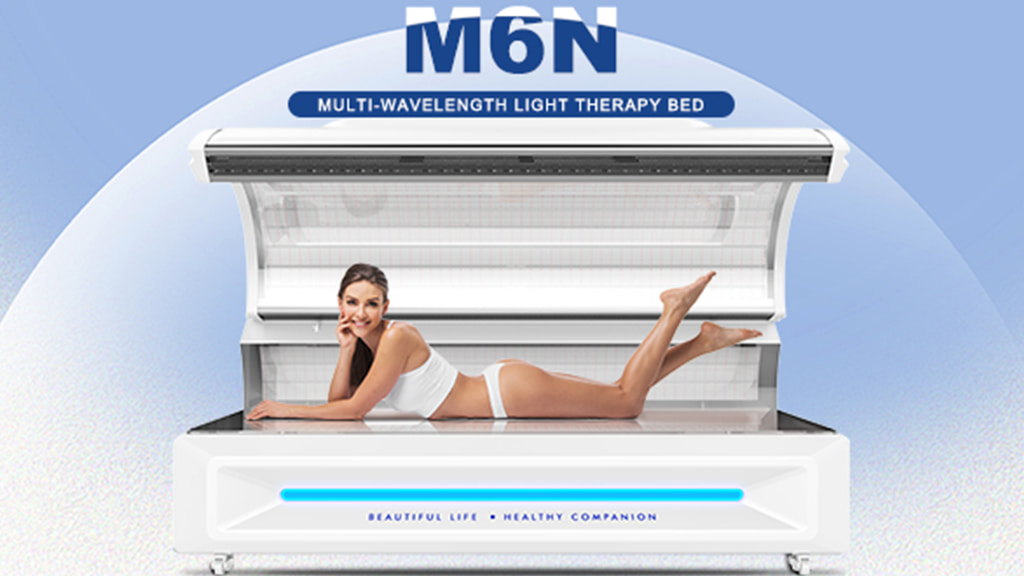
एलईडी लाइट थेरेपी बेड M6N को एलईडी लाइट का उपयोग करके चिकित्सीय लाभ प्रदान करने के लिए डिज़ाइन किया गया है. यहां आमतौर पर इस प्रकार के डिवाइस से जुड़ी कुछ प्रमुख विशेषताएं और लाभ दिए गए हैं:
प्रकाश चिकित्सा: बिस्तर विभिन्न त्वचा संबंधी चिंताओं को लक्षित करने के लिए प्रकाश की विभिन्न तरंग दैर्ध्य का उपयोग करता है. इसमें एंटी-एजिंग के लिए लाल बत्ती शामिल हो सकती है, मुँहासे के लिए नीली रोशनी, और गहन ऊतक मरम्मत के लिए निकट-अवरक्त प्रकाश.
पूरे शरीर का उपचार: हैंडहेल्ड उपकरणों के विपरीत, M6N पूर्ण-शरीर उपचार अनुभव प्रदान करता है, आपको लेटने और आपके पूरे शरीर पर समान प्रकाश कवरेज प्राप्त करने की अनुमति देता है.
अनुकूलन: कई एलईडी थेरेपी बेड अनुकूलन योग्य सेटिंग्स प्रदान करते हैं ताकि आप प्रकाश की तीव्रता को समायोजित कर सकें, अवधि, और आपकी आवश्यकताओं के अनुरूप विशिष्ट तरंग दैर्ध्य.
सुविधा: बिस्तर प्रारूप का उपयोग करने से छोटे उपकरणों की तुलना में अधिक आरामदायक और आरामदायक अनुभव मिलता है जहां आपको प्रकाश को अपनी त्वचा के करीब रखने की आवश्यकता हो सकती है.
स्वास्थ्य सुविधाएं: माना जाता है कि एलईडी लाइट थेरेपी के नियमित उपयोग से त्वचा की बनावट में सुधार होता है, झुर्रियाँ कम करें, उपचार को बढ़ावा देना, और संभावित रूप से दर्द से राहत प्रदान करता है.
उपयोग में आसानी: ये बिस्तर अक्सर उपयोग में आसानी के लिए डिज़ाइन किए जाते हैं, सरल नियंत्रण और सेटिंग्स के साथ, उन्हें घरेलू और व्यावसायिक उपयोग दोनों के लिए उपयुक्त बनाना.
यदि आप M6N या समान एलईडी लाइट थेरेपी बिस्तर का उपयोग करने पर विचार कर रहे हैं तो कृपया हमसे संपर्क करें.

